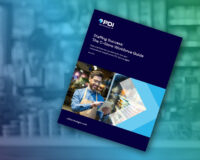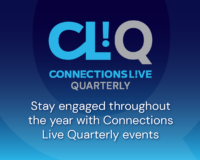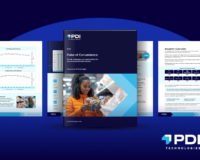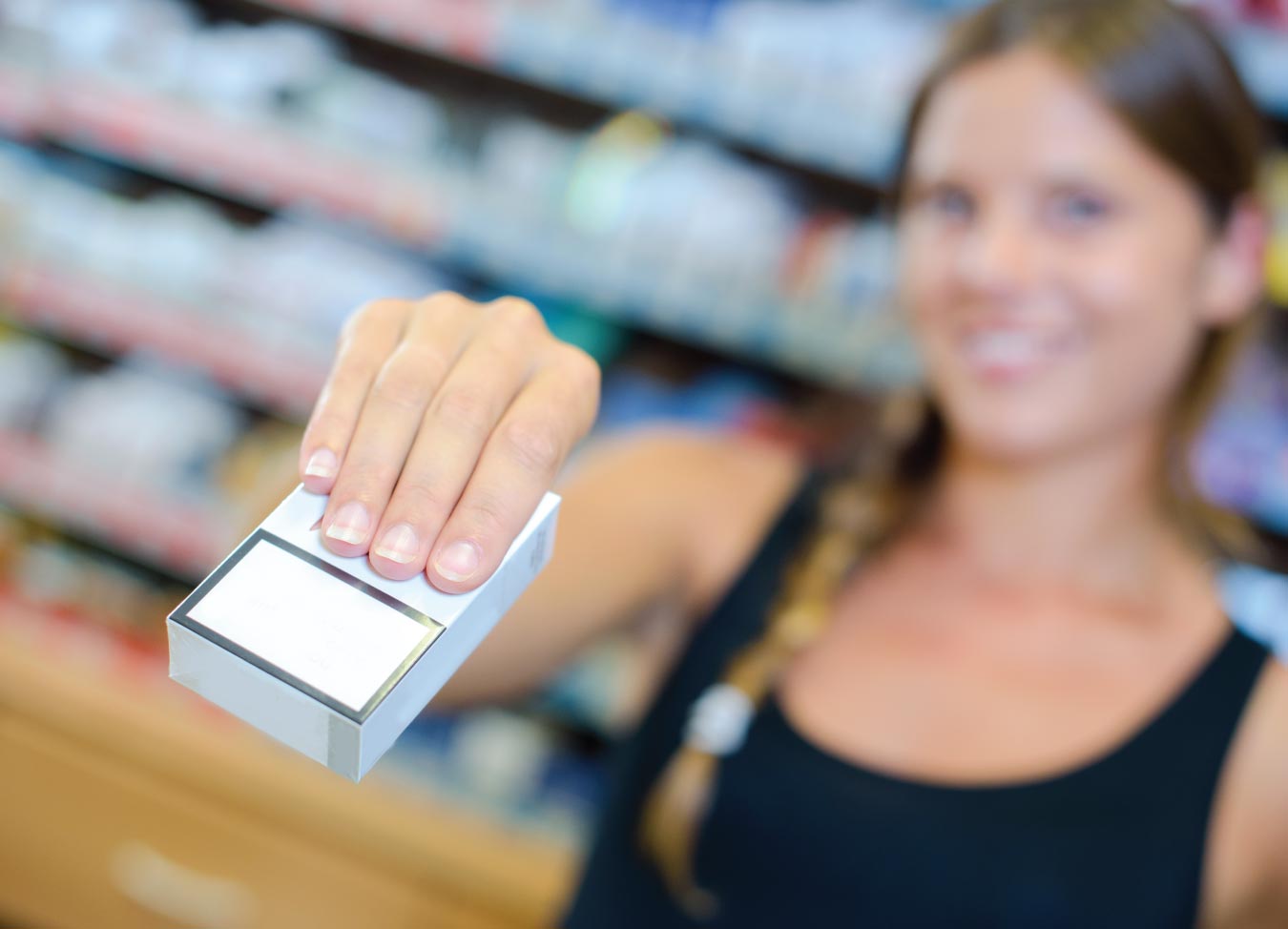
In the United States, the rules for selling alcohol and tobacco products are a tangled web of federal guidelines, state and local laws, and self-imposed industry standards.
For brands and retailers, staying on top of it all can feel overwhelming, to say the least. But it’s nonetheless critical.
So we rounded up this guide featuring the newest rules for selling alcohol and tobacco in the U.S. in 2021, plus some tips on how to promote them responsibly.
1. Selling alcohol in the U.S.
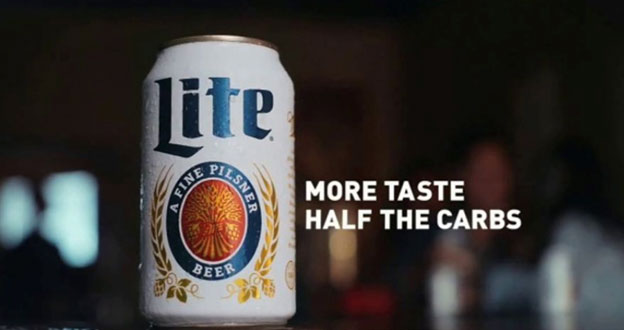
Newest Federal and State Rules for Alcohol
Some of the biggest changes to the alcohol industry this year (2021) are largely due to the pandemic. Many states enacted emergency provisions loosening restrictions on alcohol delivery, take-out, and outdoor consumption — and now some state legislatures are considering making them permanent.
In Maryland, for example, Governor Larry Hogan issued an executive order expanding alcoholic beverage delivery and carryout services on March 19, 2020. The order remains effective until the termination of the state of emergency (just announced to be on July 4, 2021) and rescission of the proclamation of a catastrophic health emergency.
On April 12, 2021, the Maryland legislature passed Senate Bill 205 and House Bill 12 which authorizes local alcoholic beverages licensing boards to temporarily adopt regulations authorizing license holders to provide alcoholic beverages by delivery or sale for off-premises consumption.
Similarly, the California Department of Alcoholic Beverage Control (ABC) enacted temporary emergency measures allowing restaurants and bars to serve alcohol outdoors in adjacent and shared spaces. And like Maryland, the California legislature voted in April to extend the emergency measures.
Senator Scott Wiener’s legislation, Senate Bill 314 (the Bar and Restaurant Recovery Act) and Senate Bill 793 (the Entertainment Venue Recovery Act) passed with bipartisan unanimous votes.
The Bar and Restaurant Recovery Act will create more flexibility in how establishments can serve alcohol, including where they can serve and how they can share spaces with other businesses. For example, making permanent the popular and successful outdoor dining and parklet regulations currently in place because of the pandemic.
And the Entertainment Venue Recovery Act creates a new music entertainment venue license in order to reduce the burden on these venues. Venues must currently conform to the qualifications of a restaurant license, even though many do not fit into that category.
The bill will also allow localities to zone for “entertainment zone open container areas”, creating spaces for increased business.
Newest Social Media Rules for Alcohol
Another big change to the alcohol industry came not from the government, but from social media. TikTok announced new community guidelines in January 2020, including a new ban on videos depicting minors “consuming, possessing, or suspected of consuming alcoholic beverages, drugs, or tobacco.”
This is in addition to the platform’s blanket ban of “ads promoting alcoholic beverages (wine, beer, spirits, etc.), alcohol clubs/subscription services, alcohol making kids, or alcohol sponsored events.”
TikTok is the only social media platform to completely ban alcohol ads, likely due to its infamously young user base. In August 2020, for example, the New York Times reported that an internal TikTok document showed around a third of the platform’s daily active users were under 14 years old.
Other social media sites like Facebook, Instagram, Twitter, and Snapchat allow alcohol ads with certain restrictions. (This article has a good breakdown of each platform’s policies if you want the nitty-gritty.)
2. Selling Tobacco in the US
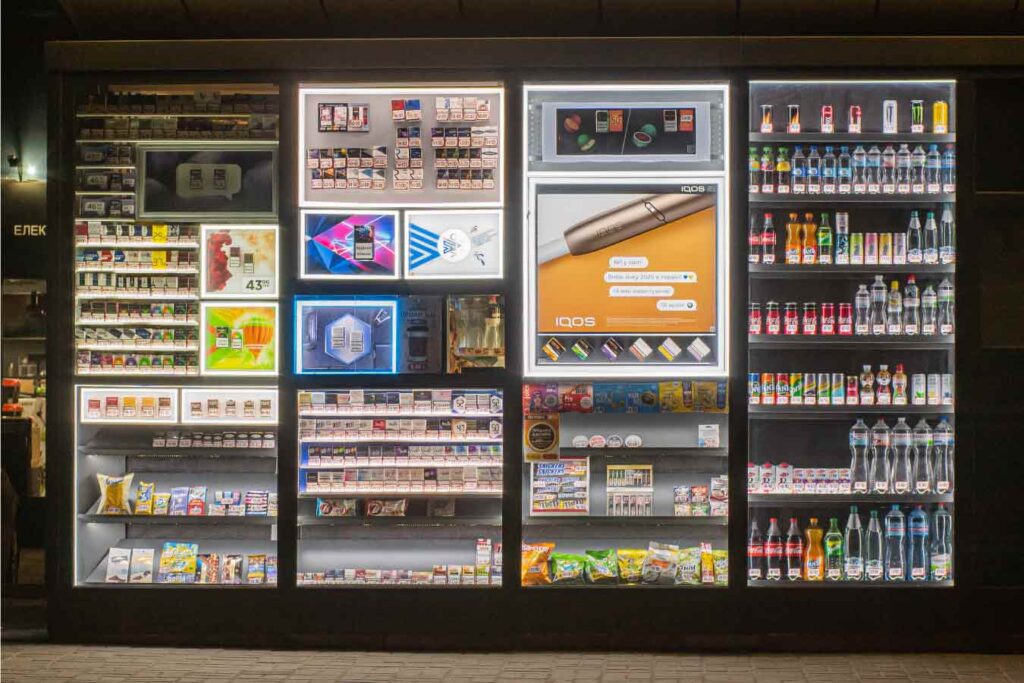
Newest Federal and State Rules for Tobacco
The most sweeping change to the tobacco industry of late was the Tobacco 21 regulation (T21), passed on December 20, 2019. This federal legislation amended the Federal Food, Drug, and Cosmetic Act, raising the federal minimum age of sale of tobacco products from 18 to 21.
They enacted this legislation mainly in response to the national outbreak of lung injuries caused by vaping (known as EVALI) in the summer of 2019, which was responsible for 2,807 hospitalization cases or deaths as reported to the CDC.
Since the passage of T21, many states have been playing catchup to get in line with the federal law. Here’s a roundup of recent changes at the state level as reported by CS News in May 2021:
- Alabama — Governor Kay Ivey signed Tobacco 21 legislation into law on May 17, 2021, raising Alabama’s legal minimum age to buy tobacco products from 19 to 21 and prohibiting advertising targeted to consumers under 21.
- Arizona — The state senate passed legislation calling for retailers to obtain a license to sell tobacco, vapor or alternative nicotine products and requiring municipalities to follow state law.
- Connecticut — The General Assembly’s Finance Committee revised legislation prohibiting the sale of flavored electronic cigarettes and vapor products. If passed, the prohibition would go into effect on January 1, 2022.
- Illinois — Legislators in the state House of Representatives passed a bill banning ads for vape products aimed at underage users. The bill also requires vape shops to age-verify customers purchasing vapor products, and it prohibits vape shops from offering coupons for vapor products in the store.
- Nevada — Governor Steve Sisolak signed legislation raising Nevada’s legal minimum age to buy tobacco products to 21 on May 27, 2021.
- Oregon — A regulation banning the online sale of nicotine, electronic cigarettes, and vapor products was passed in both the Senate and the House in April 2021. The legislation now heads to Governor Kate Brown for her signature.
- Virginia — The Radford City Council approved a tax increase on cigarettes and tobacco products, raising the tax from 15 to 40 cents. The tax goes into effect on June 23, 2021.
Newest Social Media Rules for Tobacco
Similar to alcohol, TikTok’s updated community guidelines also affect the sale of tobacco products. As Wired points out, while many platforms ban depicting illegal acts, TikTok now specifically prohibits “underage delinquent behavior,” like minors consuming alcohol, drugs, or tobacco.
As with T21, TikTok’s new policy is likely a reaction to the underage vaping epidemic, fueled majorly by social media where videos of teens using vaping devices reached meme status back in 2019.
In addition to delinquent behavior, TikTok also specifically bans the following in relation to tobacco:
- The promotion, sale, or solicitation of, or facilitation of access to cigarettes, cigars, tobacco, e-cigarettes or any other alternatives to smoking or consumption of tobacco.
- The promotion, sale, or solicitation of smoking paraphernalia, including smoking pipes, rolling papers, filters, vaporizer or any other device, equipment or apparatus designed for smoking.
- Promoting a site, venue, or facility for smoking or consumption of tobacco, including cigar bars, hookah lounges, or any other setting for similar purposes.
3. Promoting Alcohol and Tobacco Products
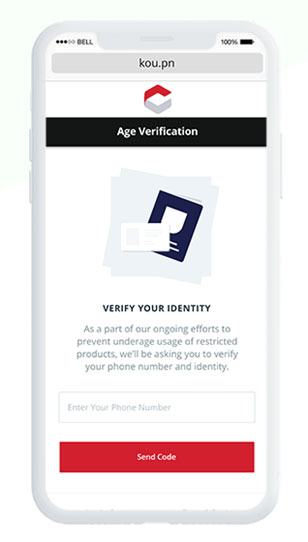
In April 2019, the FDA issued a statement explaining the “Public Health Rationale for Recommended Restrictions on New Tobacco Product Labeling, Advertising, Marketing, and Promotion.”
The rationale was centered on the need to limit youth exposure to tobacco marketing appearing in the digital environment — an environment the FDA concluded was “exponentially more vast, ever-changing, and difficult to categorize than more traditional media channels like broadcast television and radio and print.”
In a nutshell, the FDA recommended the use of targeted digital advertising, which gives tobacco marketers the ability to target adults through the use of age-verified data on any digital property accepting paid tobacco advertising.
The FDA further recommended that marketers layer on additional demographic and psychographic data (e.g., previous tobacco purchase behavior) to further narrow the intended audience of their advertisements.
As it turns out, PDI offers alcohol and tobacco marketers exactly such a tool. PDI offers a platform that authenticates a shopper’s age so brands and retailers can safely deliver promotions for age-restricted products.
It’s a one-time process that takes less than two minutes and seamlessly integrates into all digital channels. And considering that age-restricted products make up more than 50% of sales in the c-store channel, it’s a game-changer.
Marketing a CPG brand or running a c-store? See how PDI helps you reach more shoppers
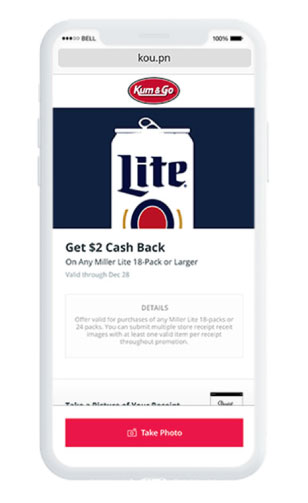
The rules for selling age-restricted products are constantly evolving, challenging brands and retailers to adapt. At PDI, we provide the technology you need to reach shoppers and drive sales responsibly.
Here’s how PDI gets results for CPG brands:
- We connect brands with retailers, using our network of over 60,000 c-store locations.
- We help brands reach and engage c-store shoppers with targeted digital promotions that drive store trips, increase basket size, and grow sales.
- We help brands secure new distribution across our network using digital promotion campaigns proven to drive product trials and awareness.
- We help simplify execution. Our team takes care of everything from selling campaigns to retailers to execution, fulfillment, and everything in between. This includes: offer sell-in, offer setup, coordination and logistics, offer distribution, authentication, fraud prevention, digital advertising support, fulfillment, and post-campaign analysis.
- We help brands make data-informed decisions by evaluating consumer patterns across products, stores, and channels. And we’ll help you use these insights to adjust and launch data-driven strategies.
And here’s how we help c-stores:
- We help c-stores attract incremental promotion dollars, funded entirely by leading CPG brands. You can launch these promotions across your own channels and grow sales.
- We help you reach new shoppers beyond your current loyal base and gain a greater share of wallet from existing customers. Digital promotions help increase basket size and drive store trips.
- We simplify promotion execution. Our team takes care of it all, from offer set up to post-campaign analysis, and everything in between.
- We evaluate consumer patterns across products, stores, and channels. We’ll help you use these insights to benchmark, adjust, and launch strategic data-driven campaigns.
You can thrive in today’s digital economy. Contact us today, to learn how we can help you transform your business.
